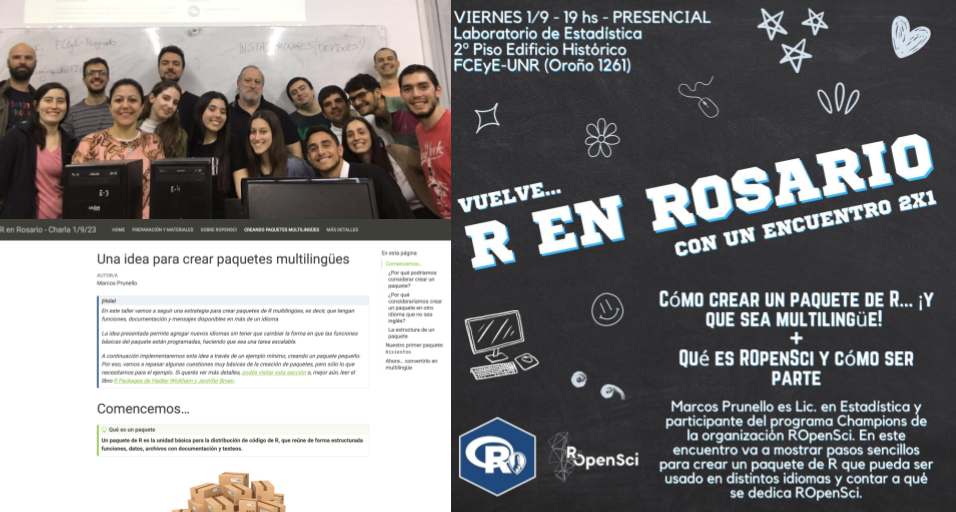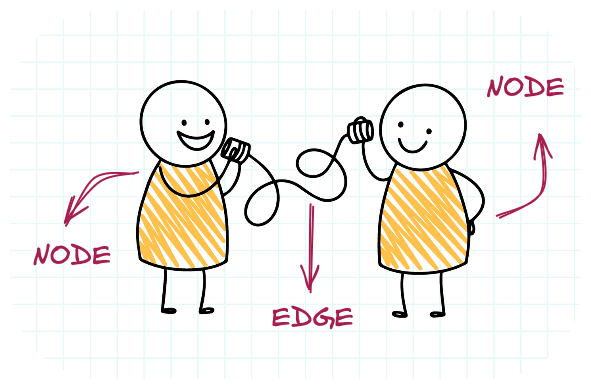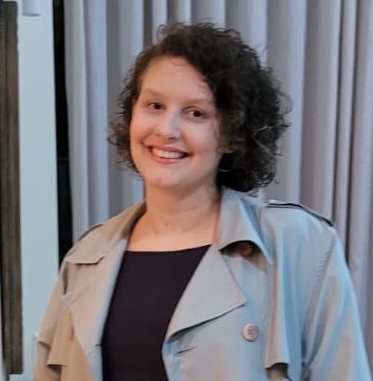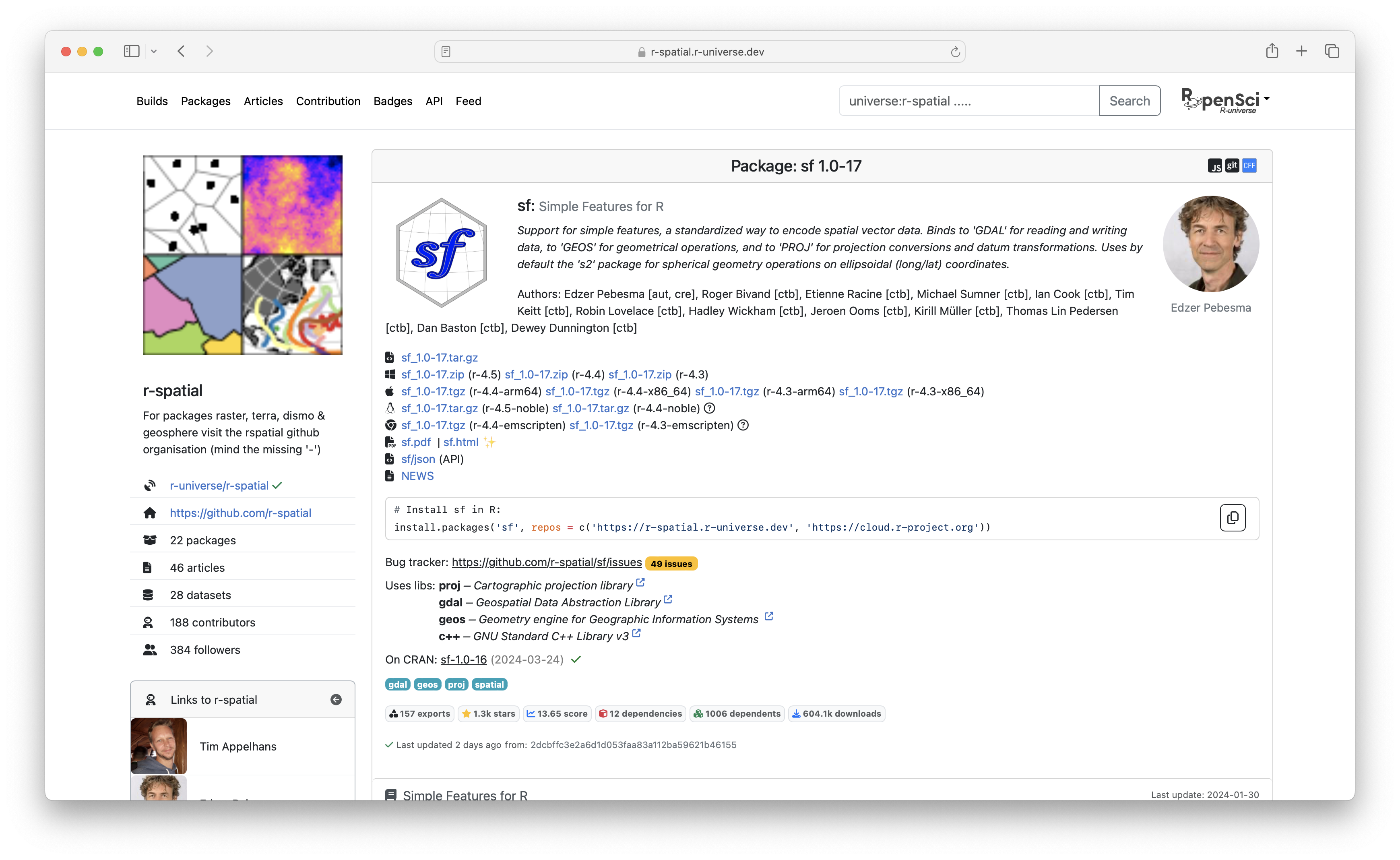R packages, like any software, require maintenance. Package maintenance includes:Fixing bugs when discovered.Adapting to updates in package dependencies.Providing some level of user and contributor support.When desired, refactoring code or adding new functionality. Without maintenance efforts a package is at risk of losing its value. Yet, maintaining a package for years or even decades can be challenging as it is time consuming.
Recently Yanina Bellini Saibene reminded usto update our Slack profile: After doing that I went on to updating my profile photos on the rOpenSciwebsite, which ended up teaching me a few git tricks I would like to share here.Thanks Maëlle Salmon for the encouragement, andSteffi LaZerte for reviewing this post.Cloning as usual When I tried to clone the source code of rOpenSci’s website I realized the repowas large and it would take me several
Dear rOpenSci friends, it’s time for our monthly news roundup! You can read this post on our blog.Now let’s dive into the activity at and around rOpenSci!rOpenSci HQ Announcing New Software Peer Review Editors: Beatriz Milz and Margaret Siple We are excited to welcome Beatriz Milz and Margaret Siple to our team of Associate Editors for rOpenSci Software Peer Review.

On June 14 I was invited to present at the CZI Open Science 2024 event. I was asked to participate in “Case Study Session 3: Demonstrating Impact of Open Science” and to explore the challenges of using traditional academic metrics for measuring project impact with an emphasis on alternative approaches. I was very excited to share our experiences and to learn from others projects.

In June 2022 I (Yani) become the rOpenSci Community Manager. To do a good job in this kind of role it is essential to know your community, so as soon I started I dug in: reading our documentation, learning our processes and their metrics, and conducting interviews with team-mates and community members.
We are happy to announce the brand-new R Consortium Multilingual Working Group.This Working Group came about after discussions during the R Project Sprint 2023 and will oversee the implementation of multilingual documentation support in R and organise community translation efforts.Our first project is the (experimental) rhelpi18n package, which adds multilingual documentation support!

We are excited to welcome Beatriz Milz and Margaret Siple to our team of Associate Editors for rOpenSci Software Peer Review.They join Laura DeCicco, Julia Gustavsen, Anna Krystalli, Mauro Lepore, Noam Ross, Maëlle Salmon, Emily Riederer, Adam Sparks, and Jeff Hollister.rOpenSci has been running a rigorous and collegial software peer review system since 2015.Editors manage the review process, performing initial package checks, identifying
Dear rOpenSci friends, it’s time for our monthly news roundup!

A whole new frontend! As you may have noticed, we have given the WebUI for R-universe a big refresh. This is the biggest UX overhaul since the beginning of the project. The old “dashboard” had become a bit convoluted over the years as features and ideas were added and removed while the project was taking shape.
Developing dendroNetwork as a package was not a goal from the beginning, but looking back, I think that it should have been. I wish someone had suggested making a package to me much earlier. Why? Because of many things, but mostly: reproducibility and transparency. This enables others to also use the method and software.
Dear rOpenSci friends, it’s time for our monthly news roundup! You can read this post on our blog.Now let’s dive into the activity at and around rOpenSci!rOpenSci HQ rOpenSci in the Research Organization Registry rOpenSci was added to the Research Organization Registry (ROR) in its latest release. The ROR is a global, community-led registry of open persistent identifiers for research organizations.